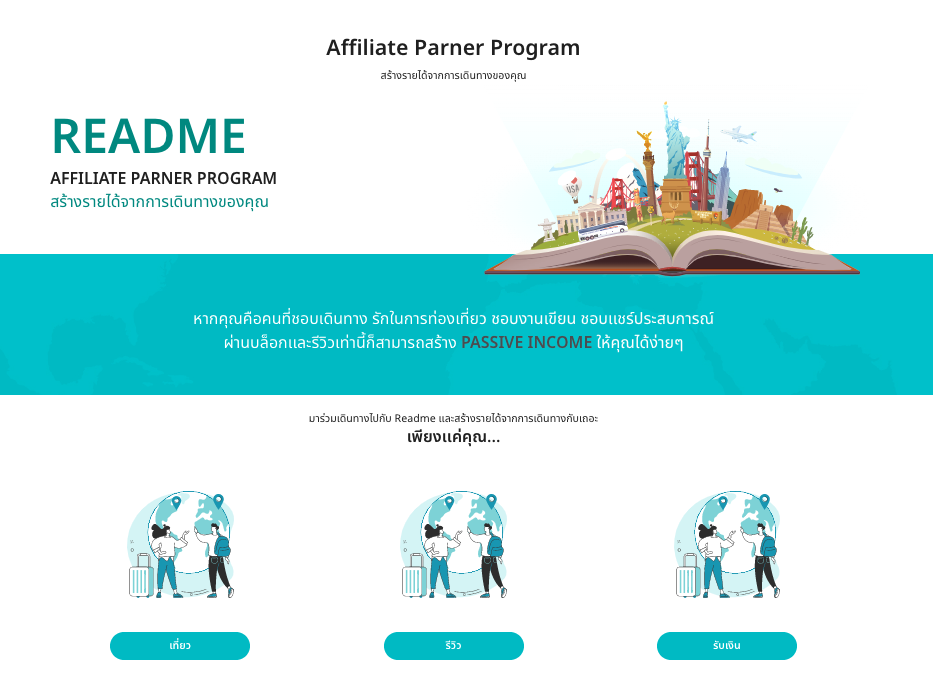
Many people are concerned about the language barrier when backpacking in China, as it is not a country where English is widely spoken. However, there are ways to overcome this challenge and still have a fulfilling travel experience. Here are some tips:

01. If you cannot speak Chinese, you should at least be able to communicate in English. Nowadays, the younger generation in China is increasingly proficient in English. This is evident in tourist areas, where staff at hostels, train stations, and bus ticket booths are able to communicate effectively in English. Even young children are eager to help tourists and demonstrate good English skills.

Before embarking on your journey, it is crucial to gather information from both Thai and English websites to ensure a smooth and hassle-free experience. This is especially beneficial for individuals with limited time and financial resources. Thorough preparation, including details such as tourist attractions, hostel maps, train schedules, bus routes, travel times, and fees, can significantly enhance your trip.
http://www.travelchinaguide.com
These websites have almost every answer we want to know because there will be travelers coming in to answer the questions that people have asked. Search until you get the answer and then write it down in a notebook, separate the information by city, or save it on your mobile phone or tablet, whichever is convenient.
Another challenge encountered is the issue of tourist attraction names. These locations often have Chinese, Thai, and English names. While most reviews and information online are in Thai and English, locals in China only recognize the Chinese names. This can lead to confusion when trying to determine if two names refer to the same place. To avoid this issue, it's recommended to gather detailed information about the names of the places you plan to visit. For example, ...
Baishuitai / White Water Terrace
Tiger Leaping Gorge
Songzanlin Monastery / Little Potala Palace / Ganden Sumtseling Monastery

For accommodation, choose a hostel or guesthouse that is an International Youth Hostel. These hostels typically attract a diverse range of international travelers and have receptionists who are proficient in English, making them valuable sources of travel information. For example, Tina's Guesthouse, an International Youth Hostel in China's Tiger Leaping Gorge near Lijiang, is a popular gathering spot for hikers heading to Shangri-La or Lijiang.
Reasons to Choose International Youth Hostels
There are many reasons to choose International Youth Hostels for your accommodation needs. These include:
- Affordability: International Youth Hostels offer budget-friendly options, making them ideal for travelers on a tight budget.
- Safety: Hostels prioritize safety and security, providing a comfortable and secure environment for guests.
- Convenient Location: Hostels are often situated in central locations, offering easy access to major attractions and transportation hubs.
- Travel Information and Resources: Hostels provide valuable information and resources for travelers, including maps, travel tips, and recommendations for local attractions and other hostels in different cities.

Understanding Chinese Customs and Culture: A Key to a Smooth and Enjoyable Journey
Before embarking on a journey to China, it is crucial to invest time in understanding the country's rich customs and culture. This knowledge will not only facilitate adaptation but also foster meaningful connections and enhance the overall travel experience.
Delving into the nuances of Chinese life
Immersing oneself in the intricacies of Chinese customs and culture requires exploring various aspects, including:
- Traditional practices and beliefs: Understanding the significance of festivals, rituals, and superstitions provides valuable insights into the Chinese worldview.
- Culinary customs: Familiarizing oneself with the diverse culinary landscape, including etiquette and unique dishes, allows for a more enjoyable and respectful dining experience.
- Social norms and etiquette: Learning about proper greetings, conversation topics, and table manners demonstrates respect and fosters positive interactions.
- Daily life practices: Adapting to local customs, such as using public restrooms, navigating transportation, and understanding personal space, ensures a smoother transition.
Bridging the cultural gap
By actively engaging with Chinese customs and culture, travelers can:
- Reduce anxieties and cultural misunderstandings: Prior knowledge alleviates potential anxieties and fosters a more comfortable and confident experience.
- Build stronger connections with locals: Demonstrating an understanding of their culture fosters respect and appreciation, leading to deeper and more meaningful interactions.
- Maximize enjoyment and cultural immersion: A deeper understanding allows travelers to fully appreciate the nuances of Chinese culture, enriching their overall experience.
Examples of cultural considerations:
- Communal restrooms and squat toilets: Understanding the prevalence of communal restrooms and squat toilets helps travelers prepare and adapt accordingly.
- Spitting and smoking: While considered impolite in many cultures, spitting and smoking are more commonplace in China. Awareness of these practices allows for a more tolerant and understanding approach.
- Loud conversations and personal space: Recognizing that Chinese individuals tend to speak loudly and maintain a closer personal space than Westerners helps avoid misunderstandings and discomfort.
- Exotic cuisine and dining etiquette: Exploring the diverse culinary landscape, including dishes like yak meat and baby birds, and understanding proper dining etiquette, such as using chopsticks, ensures a respectful and enjoyable dining experience.
Conclusion:
Investing time in understanding Chinese customs and culture is an invaluable investment for any traveler. This knowledge not only facilitates adaptation and reduces anxieties but also fosters meaningful connections and enhances the overall travel experience. By embracing the cultural nuances of China, travelers can unlock a deeper understanding of the country and its people, creating a truly enriching and memorable journey.

05. Seek assistance from new Chinese friends: When encountering new Chinese friends who can communicate with you, ask them to write down essential phrases in Chinese in your notebook. For example, "Please take me to the train station" (show this to the taxi driver).

Learn hand gestures for counting in Thai. If you can't count in Chinese, you'll need to use hand gestures. Whether it's negotiating a taxi fare, buying something, paying for food, asking for a bus route, etc., search for pictures on Google and save them. Then practice making them smoothly. It's very useful.

07 Non-verbal communication. If you are communicating with someone who does not understand English, non-verbal communication can help you survive. This includes gestures and pointing directions.

Offline Maps: A Necessity for Travelers
Offline maps, such as maps.me, are crucial tools for travelers who may not have access to roaming data or Wi-Fi. These maps allow users to navigate unfamiliar areas, find their way back to their accommodation, and even calculate distances and travel times.
In addition to downloading this application, you need to download detailed information for each country, especially China, which is a large country. You need to choose to download detailed information down to the province level. After that, pin the places you want to go, and you will see the overall travel picture throughout the trip for better travel planning.

Prepare pictures and maps of various tourist attractions or the names of places you want to go in Chinese. This can be used to ask for directions or show when buying tickets that you are going to that place. The Chinese characters can also be used to compare with the ticket you bought when you get on the bus, as Chinese buses have signs on the front window indicating where they are going.

Backpacking and traveling in China is not overly difficult if you prepare various information beforehand. It also depends on how well you can adapt to different situations. The most important thing is to smile, be brave enough to talk and greet people, and try to learn some basic Chinese phrases. Even just a few words can make the locals feel good, such as hello, thank you, and excuse me.
"I'm Thai" (我是泰国人) is a useful phrase to say when you are overwhelmed by Chinese speakers, such as taxi drivers at train stations or vendors offering accommodation in tourist areas. Saying this may lead to special treatment or a temporary break from the barrage of questions. It's worth a try!
Follow travel reviews and chat with the author at...
Fanpage: https://www.facebook.com/Mytravelholicdiary/
Instagram: https://www.instagram.com/my_travelholic_diary/
My Travelholic Diary
Friday, October 4, 2024 3:02 PM
















